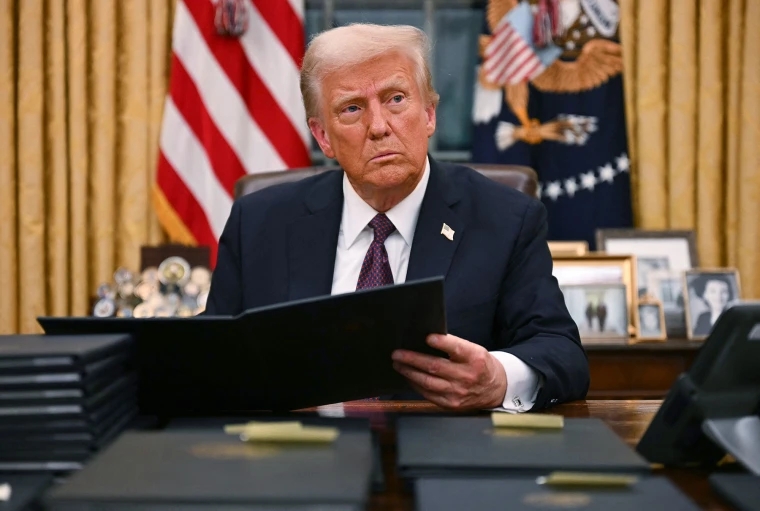
Former U.S. President Donald Trump has once again reiterated his controversial stance that Canada should become the 51st state of the United States, a remark he made during an interview with Fox News host Laura Ingraham. In the interview, Trump harshly criticized Canada, calling the country "nasty" and accusing its leadership, specifically those who worked under former Prime Minister Justin Trudeau, of being difficult to deal with.
Trump's latest comments come amid a series of trade disputes between the U.S. and Canada, primarily centered around tariffs that have sparked a trade war between the two neighboring countries.
In the interview, Trump continued to express his dissatisfaction with Canada, saying, “Canada was meant to be the 51st state because we subsidize Canada by $200 billion a year.” This figure is an exaggerated estimate, as the U.S. Trade Representative’s Office reported a trade deficit with Canada of $63.3 billion for 2024, a significant difference from Trump’s claim.
Nevertheless, Trump’s remarks have stirred significant controversy, especially as tensions between the two nations have escalated.
The recent trade friction between the U.S. and Canada has primarily been fueled by Trump’s imposition of high tariffs on Canadian imports. These tariffs, including a 25 percent tariff on steel and aluminum, have been met with strong retaliation from Canada.
The Canadian government has imposed tariffs on American-made goods, leading to boycotts of U.S. products and even the threat of imposing tariffs on electricity supplied to the U.S. The dispute has resulted in a full-blown trade war, marking a significant deterioration in relations between the two countries that have historically been close allies.
Trump’s suggestion that Canada could be incorporated into the U.S. as its 51st state is not a new one. He has made similar comments in the past, but his remarks during this interview are particularly striking because of the ongoing trade dispute.

He further reinforced his position by saying, "We don’t need their lumber, we don’t need their energy, we don’t need anything. We certainly don’t want their automobiles." Trump’s rhetoric suggests that Canada’s trade relationship with the U.S. is one-sided, with the U.S. allegedly bearing the brunt of the financial burden.
Trump’s comments were met with a mixed response. While some of his supporters might see his remarks as bold and in line with his America First agenda, others have criticized him for undermining the long-standing relationship between the U.S. and Canada.
In fact, many have taken Trump’s suggestion seriously, and Canadian officials have expressed concerns that the president’s comments are more than just empty rhetoric.
Former Prime Minister Justin Trudeau, who was in office at the time of Trump’s earlier remarks, reportedly took the threats seriously. In private meetings with Canadian business and labor leaders, Trudeau allegedly stated that the U.S. administration’s talk of absorbing Canada into the U.S. was “a real thing.”
Trudeau also expressed concern that the Trump administration was aware of Canada’s vast mineral resources, which may have been one of the motivations behind Trump’s repeated remarks about making Canada the 51st state.
Following Trudeau’s departure from office, Mark Carney, an economist and former governor of the Bank of England, assumed the role of Canada’s new Prime Minister. Carney has been vocal about standing up to Trump and resisting the U.S. president’s trade policies.
During his campaign for the leadership of the Liberal Party, Carney vowed to confront Trump over the tariffs and to protect Canada’s sovereignty in the face of such threats. Since taking office, Carney has pledged to push back against Trump’s demands, positioning himself as a staunch advocate for Canadian independence and economic security.
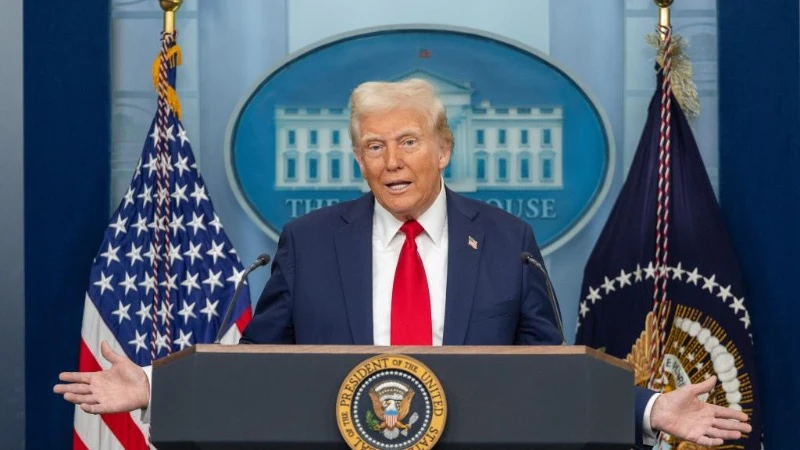
In response to the U.S. tariffs, Canada has implemented its own tariffs on $21 billion worth of American products. These measures were announced last week, and they represent Canada’s effort to level the playing field in the trade war.
Ontario Premier Doug Ford also threatened to impose tariffs on electricity exports to the U.S., although he eventually backed down after discussions with the Trump administration.
Trump’s tariffs on Canadian imports, which began in early March, have been a significant point of contention. These measures, including the 25 percent tariffs on steel and aluminum and the 10 percent tariff on Canadian energy imports, have escalated tensions and led to a wider trade conflict.
The tariffs are part of Trump’s broader “reciprocal tariffs” strategy, which he believes will address what he views as unfair trade practices between the U.S. and other nations. The new tariffs are set to take effect on April 2, further intensifying the ongoing trade war.
The rhetoric surrounding the tariffs has led to strong reactions from both Canadian leaders and the general public. Prime Minister Mark Carney recently expressed his displeasure with Trump’s comments, stating that the U.S. president must stop making "disrespectful" remarks about Canada’s sovereignty.
Carney stressed that Canada would not tolerate such threats and would continue to stand firm in its defense of the country’s independence.
Canadian Foreign Minister Mélanie Joly also spoke out against Trump’s comments, taking them "very seriously." Joly told the BBC, “This is not a joke anymore. This is not something we laugh at. This is actually based on the conversations we’ve had—that I’ve had—with many of the Trump administration officials.”
Her words reflect the growing concern within Canada’s political establishment that Trump’s comments are not just inflammatory rhetoric but may be part of a larger strategy to undermine Canada’s autonomy.
Academics and analysts have also weighed in on the situation. Adam Chapnick, a professor of defense studies at the Royal Military College of Canada, urged caution. While he acknowledged that Canada and its allies must take Trump’s threats seriously to prevent them from becoming normalized, Chapnick expressed skepticism about the likelihood of the U.S. actually attempting to absorb Canada.

He suggested that Trump enjoys making such threats because they garner attention and allow him to assert power, even if those threats are unrealistic.
Lana Payne, the national president of Unifor, Canada’s largest private sector union, echoed the sentiments of many Canadians who feel angered by Trump’s repeated remarks about the country’s sovereignty. Payne emphasized that Canadians are uniting to push back against Trump’s policies, with one of the most effective ways being to support Canadian-made goods.
This collective effort reflects the growing sense of national pride and resistance in the face of U.S. pressure.
As the trade war continues to unfold, it remains to be seen how the U.S.-Canada relationship will evolve. While Trump’s threats to make Canada the 51st state are unlikely to result in any significant action, they have already strained the relationship between the two countries.
The ongoing tariff dispute and Trump’s combative rhetoric only add to the tension, with Canada resolutely defending its sovereignty and pushing back against what it sees as undue American influence.
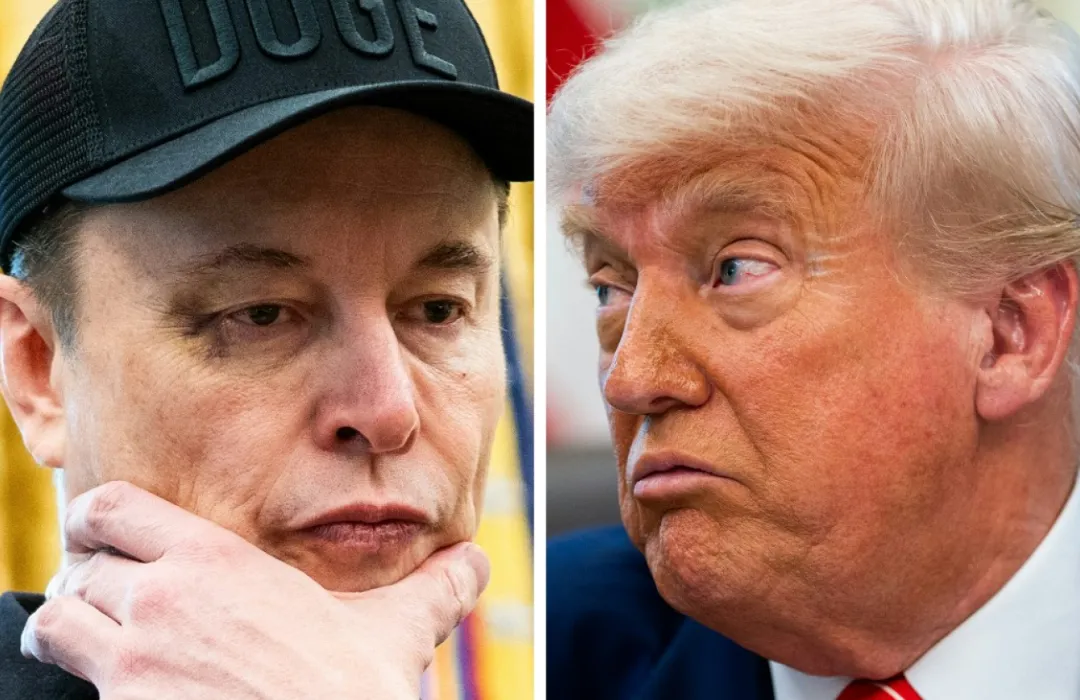
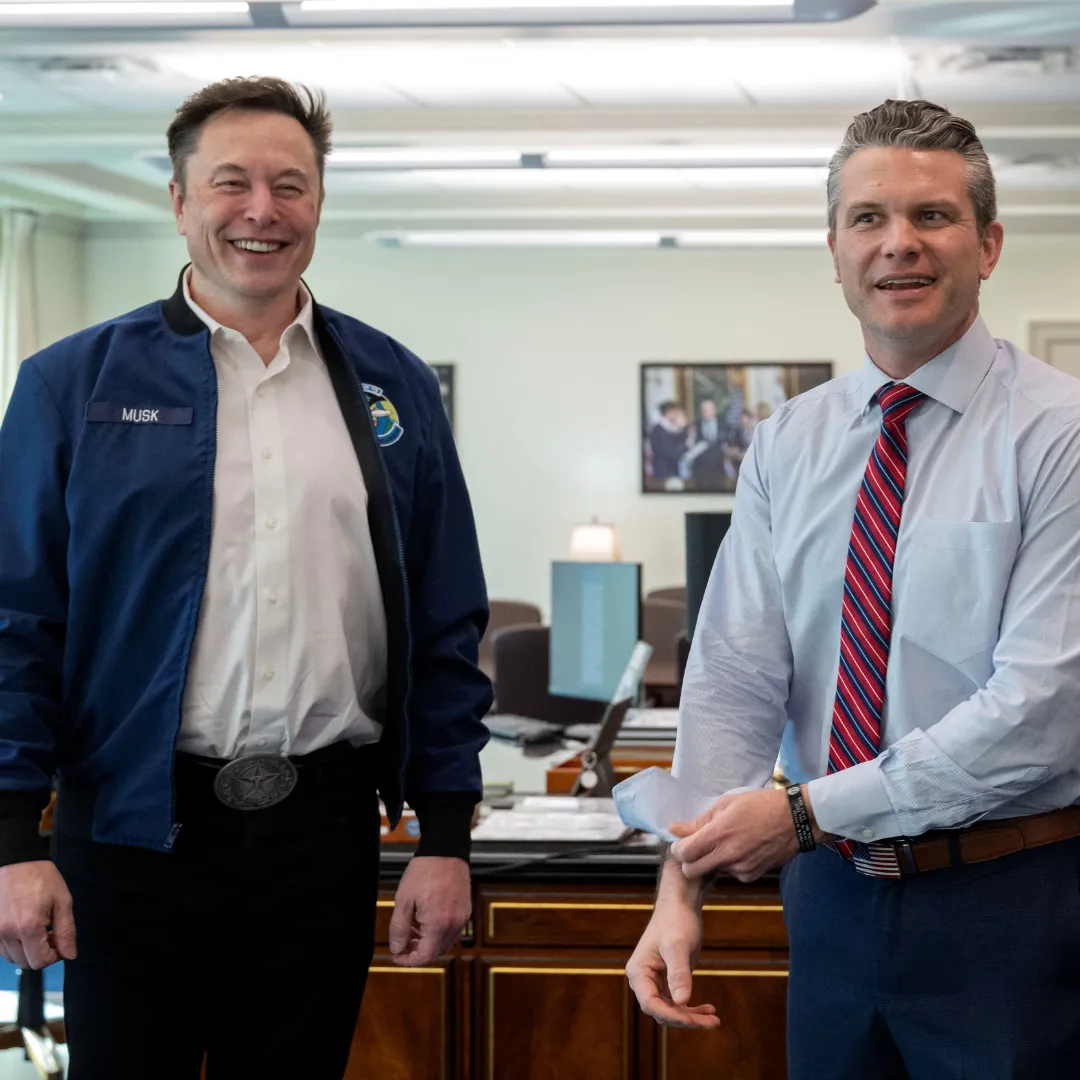
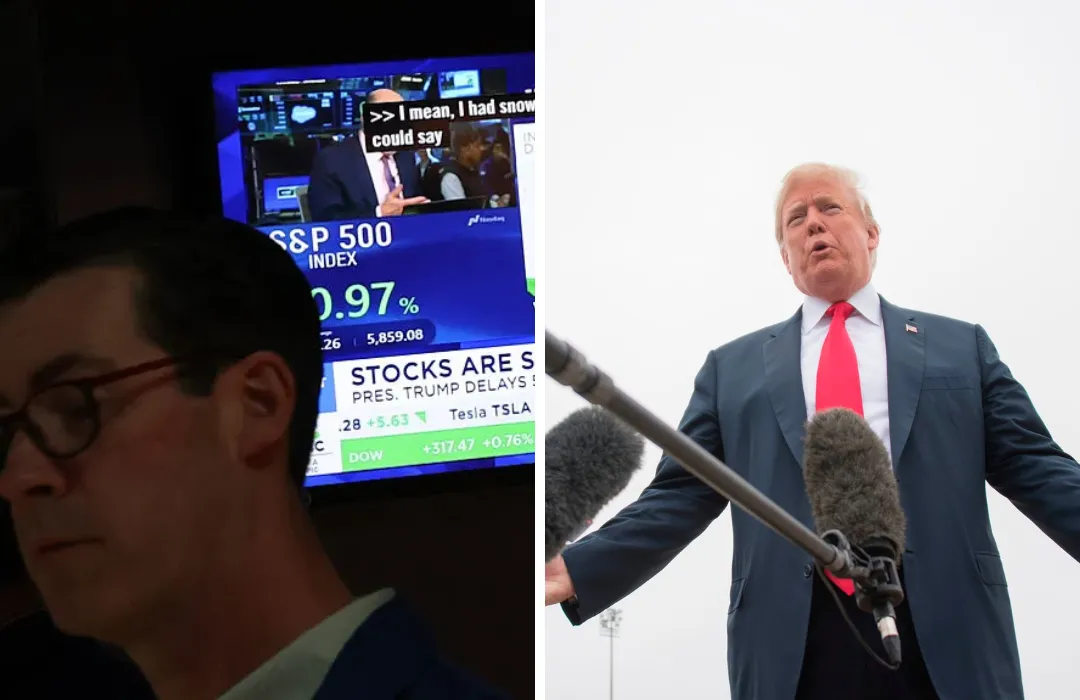
-1745737376-q80.webp)